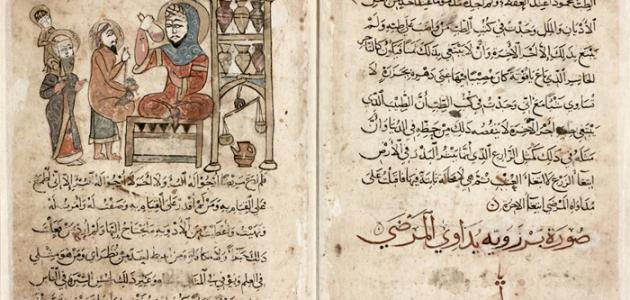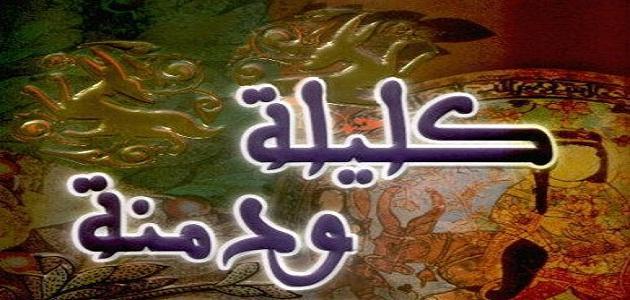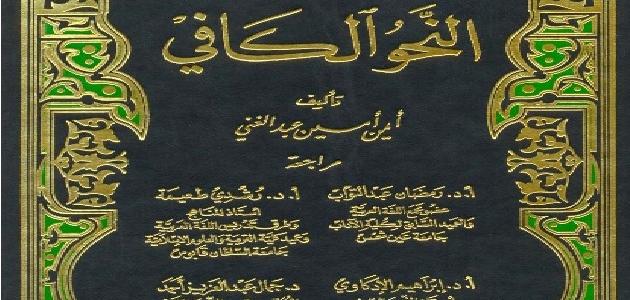Kalila wa Dimna book
Kalila wa Dimna is a historical book that narrates many stories and oriental myths of Indian origin, and its aim is not to entertain and waste time, but rather it contains a ruling represented by attitudes from the animal kingdom, and the origin of Kalila wa Dimna dates back to the third century BC and was in the Sanskrit language, as it was written specifically for three princes They were on the way to being lost, and by order of the king, the wise minister composed the book, which was called in the past the Five Discourses, which actually corrected the princes and corrected them to rule wisely, and then the book was later translated into many languages, one of which was Arabic in the eighth century by the Persian writer Ibn al-Muqaffa, as well Egypt played an important role in producing the oldest manuscripts on the book Kalila wa Dimna in the fourteenth century AD.
Features of the book Kalila wa Dimna
The book Kalila wa Dimna, translated into Arabic, has many qualities and characteristics, the most important of which are the following:
- It tells the wisdom and advice in the form of interesting stories that took place among the animals.
- At every end of a story is the beginning of a new one.
- Uses plain language to tell stories.
- Attracts attention and takes the mind to a world of imagination.
- It is full of wisdom and proverbs that were once an experience of previous peoples.
- It encourages good morals.
- The book has a religious character thanks to its clever translation into Arabic.
Translator of Kalila wa Dimna
He is Majustih Rouzbah bin Dazuria Al-Muqaffa, a Persian of origin who grew up in the Arab countries. He was known for his great love of literature and authors and has many literary works, the most important of which is the translation of the book Kalila wa Dimna into Arabic, as the Arabic language was not the only language into which the book Kalila wa Dimna was translated, rather it was It was translated into Persian, Arabic, Hebrew, Syriac, Ethiopian, Malay, Mongolian, Greek and many European languages, but some translators made some additions that fit them until they were later revised.
Read also:Summary of the novel around the world in eighty days








